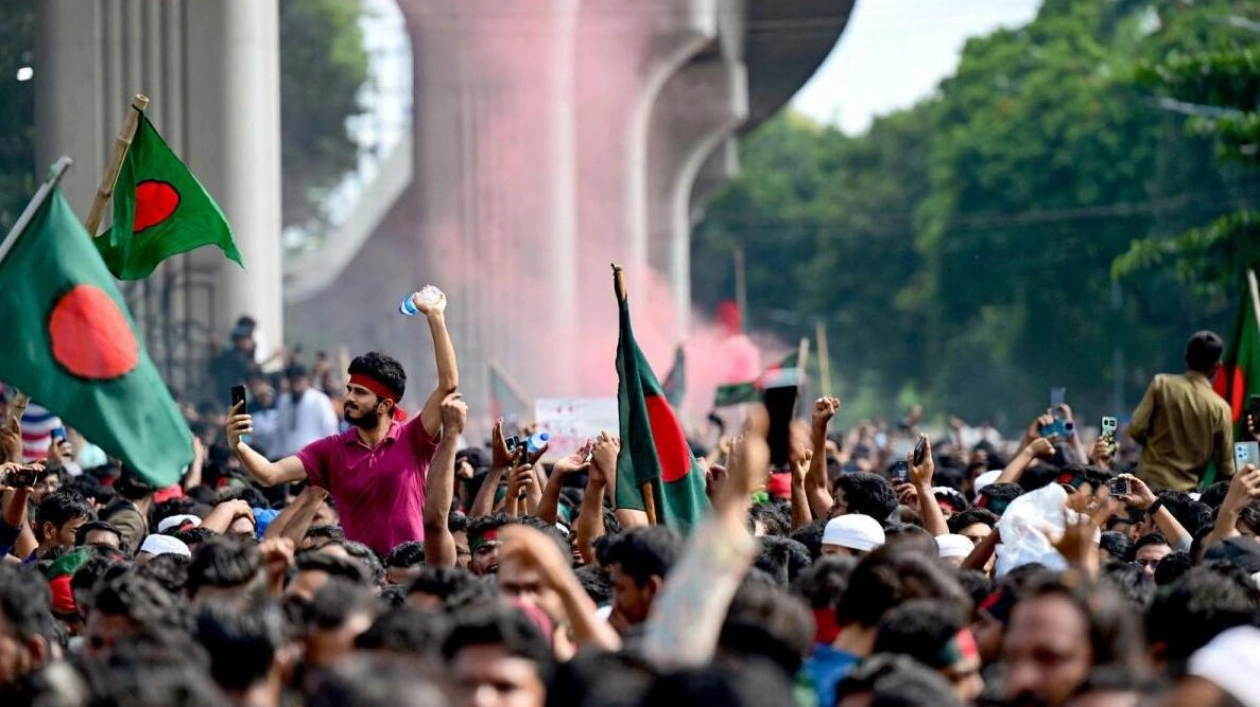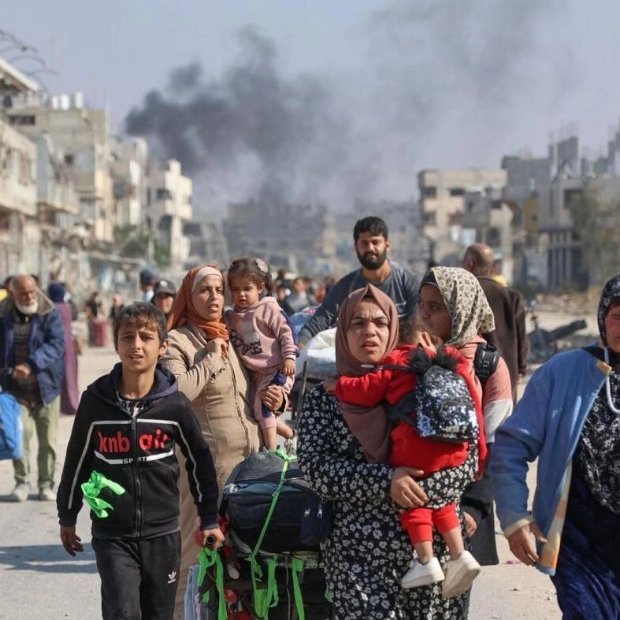Jubilation mixed with lingering anger filled the streets of Dhaka, Bangladesh's capital, following mass protests that compelled Prime Minister Sheikh Hasina to leave the country. However, many citizens are anxious about the future. "We are free now - we have won!" exclaimed Syed Tanveer Rahman, a 30-year-old activist involved in the movement initially protesting job quotas favoring Hasina's allies, which escalated into widespread demonstrations against her leadership.
Rahman noted, "We started this movement to improve the government's recruitment process, but it has evolved into a broader commitment to reform our entire system and make it more equitable for everyone." Hasina faced accusations of growing authoritarianism, with some protesters labeling her a dictator. The protests, partly driven by economic hardships, coincided with the government's request for an International Monetary Fund bailout due to high import costs and inflation.
Lamisa Janan, a high school student, expressed immense joy at the liberation from what she described as a harsh dictatorship. Normalcy began to return to Dhaka the day after Hasina's departure, though traffic remained lighter than usual and only a few schools reopened following the violence. Approximately 250 people were killed and thousands injured during the security forces' attempts to quell the protests.
Despite the joy, there was still anger. Hasina's exit concluded her 15-year second term as the leader of a political movement inherited from her father, who was assassinated in a 1975 coup. Thousands stormed her official residence, carrying away items like televisions and furniture. Protesters also defaced a statue of Hasina's father, Sheikh Mujibur Rahman, at a busy intersection.
In Dhanmondi, a posh area known as a stronghold of the ruling Awami League, protesters set ablaze the party chairperson's office and Hasina's former residence. They also burned the Bangabandhu Museum, formerly the home of Hasina's father. Many young people are worried about the situation's evolution in the coming days and months.
Jahanara Amin, a 35-year-old banker, expressed her disgust at the chaos and looting at public institutions, stating it was not a proper way to celebrate. Minhazul Islam, a researcher, emphasized the need for a long-term commitment to improving the system for everyone, especially young people. Bangladesh's parliament was dissolved, following student leaders' demands for an interim government led by Nobel laureate Muhammad Yunus.
Parvez Alam, a writer and activist, sees an opportunity for a new Bangladesh to emerge, based on values like equality, human dignity, and social justice. Adnan Aziz Chowdhury, a recent graduate and activist, called for eliminating nepotism and discrimination in job recruitment. Farida Ali Khan, a young housewife and mother, advocated for a more open and free Bangladesh, excluding only dictatorship.






